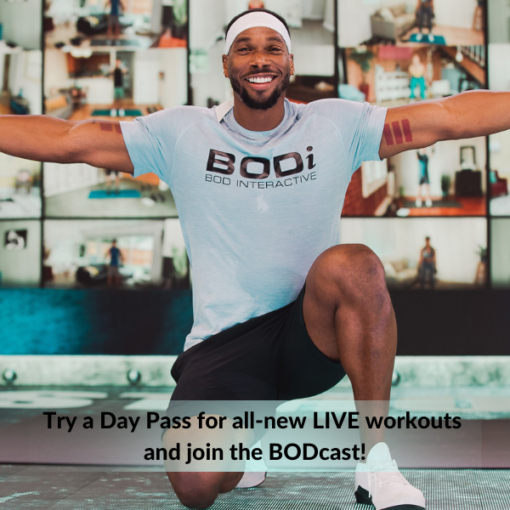
According to the National Sleep Foundation, among adults in the United States, up to 40 percent of the population has problems falling asleep or feeling sleepy during daytime hours.
A brand-new study published in Respiratory Medicine found that consistent exercise in subjects who suffer from sleep apnea significantly improves sleep outcomes. According to the American Academy of Sleep Medicine (AASM), 25 million adults also suffer from obstructive sleep apnea (OSA), which is different and more common, according to AASM. (OSA occurs when you cannot breathe normally because of airway obstruction.)
The study authors included sleep data from eight clinical articles and 180 participants and examined overall sleep as well as the number of disruptions per hour of sleep in people who also exercised daily. They found that subjects who exercised had fewer breathing interruptions at night and this group also reported being less sleepy the next day.
Consistent workouts zap the anxiety keeping you awake
Exercise also reduces insomnia by decreasing depressive symptoms. One study published in the Journal of Sleep Medicine found that the study participants who exercised (versus those who didn’t) reported falling asleep faster and experienced better quality of sleep overall.
“The other reasons why exercise improves sleep still need further research,†says study author, Martina Mookadam, M.D., M.S. assistant professor of Family Medicine at the Mayo Clinic College of Medicine. “One physiologic explanation is that some exercises may improve muscle tone of the upper airway. Additionally, exercise induces a deeper, more restorative sleep and this, in turn, helps restore a healthy diurnal rhythm [the internal body clock that helps sync your body’s day and night cycles].â€
Will evening exercise routines interrupt your sleep?
When your schedule is jam-packed and you’re all stressed out, will exercising in the evening make it even harder to fall asleep later that night? “I have patients who struggle with this decision all the time,†says Mookadam. “Perhaps vigorous exercise within two hours of bedtime may cause problems with initiating sleep due to increased adrenaline and heart rate. However, studies don’t support this theory for everyone.â€
How Exercise Helps You Sleep
In general, most people can exercise within 30-60 minutes of bedtime and still get a great night’s sleep, she says. “If you do have problems dropping off after exercise, I recommend maintaining a 2-hour cool down period before bedtime,†she says.
Quick tips for sleeping better before and after your workouts, according to the National Sleep Foundation:
Try a sleep mask and a noise machine to limit light and noises
Keep a strict sleep schedule, even on the weekends, to create healthier sleep habits
If you can sneak in a nap, keep it to 15-20 minutes so you can sleep later on
Sleep on the most comfortable mattress and pillow
Turn off electronics before bed to avoid overstimulating your senses
“The best time to exercise in the real world, where people have jobs and family responsibilities, is anytime you can!†says Mookadam. “Some research suggests that exercising in the middle of the afternoon can help establish and maintain normal circadian rhythms. However, better sleep is associated with exercise at any time of day.†Sweet dreams!



